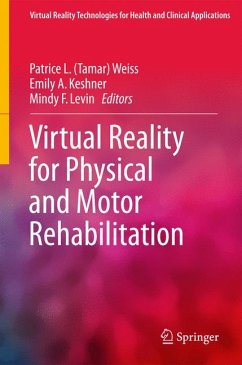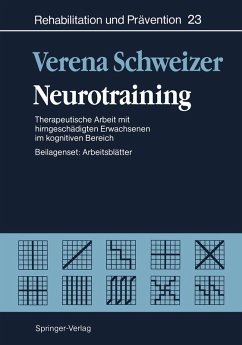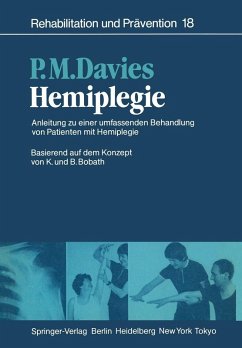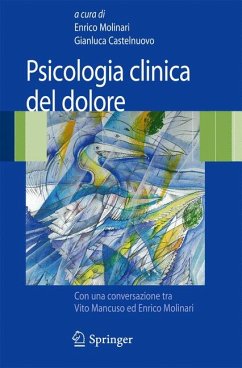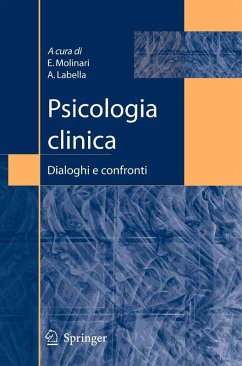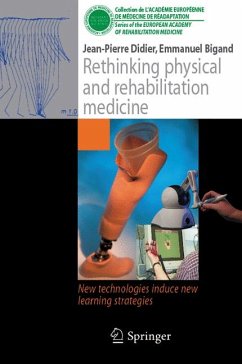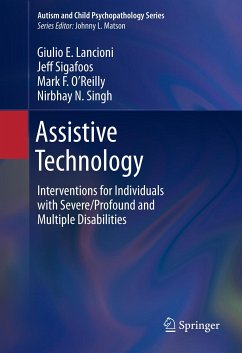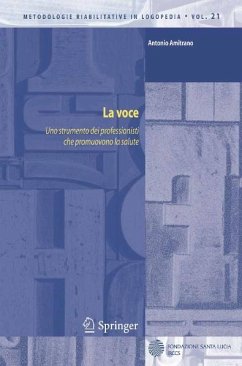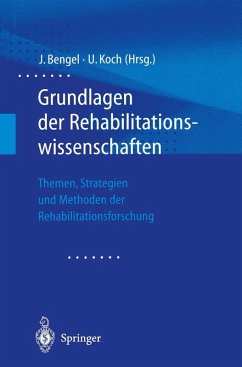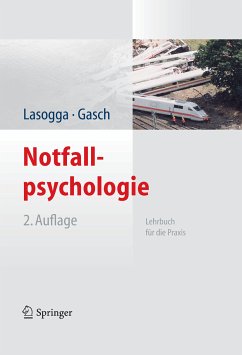
Handbook of Vocational Rehabilitation and Disability Evaluation (eBook, PDF)
Application and Implementation of the ICF
Redaktion: Escorpizo, Reuben; Stucki, Gerold; Homa, Debra; Brage, Sören
Versandkostenfrei!
Sofort per Download lieferbar
88,95 €
inkl. MwSt.
Weitere Ausgaben:

PAYBACK Punkte
44 °P sammeln!
This book presents the state of the art in the application and implementation of the WHO's International Classification of Functioning, Disability and Health (ICF) in the areas of vocational rehabilitation as a primary topic and disability evaluation as a secondary topic. Application of the ICF and implementation strategies toward a holistic and comprehensive approach to work disability and vocational rehabilitation programs are presented along with clinical cases and exercises. The ICF as a topic in health and disability has been gaining momentum since its approval by the World Health Assembl...
This book presents the state of the art in the application and implementation of the WHO's International Classification of Functioning, Disability and Health (ICF) in the areas of vocational rehabilitation as a primary topic and disability evaluation as a secondary topic. Application of the ICF and implementation strategies toward a holistic and comprehensive approach to work disability and vocational rehabilitation programs are presented along with clinical cases and exercises. The ICF as a topic in health and disability has been gaining momentum since its approval by the World Health Assembly in 2001, and great progress has been made since then. However, the integration if the ICF in the realm of vocational rehabilitation has been lacking despite the fact that work and employment are a major area in people's lives, particularly those who have work disability. This book will advance the professional practice of vocational rehabilitation, rehabilitation counseling, occupational medicine, and allied health science.
Dieser Download kann aus rechtlichen Gründen nur mit Rechnungsadresse in A, B, BG, CY, CZ, D, DK, EW, E, FIN, F, GR, HR, H, IRL, I, LT, L, LR, M, NL, PL, P, R, S, SLO, SK ausgeliefert werden.




